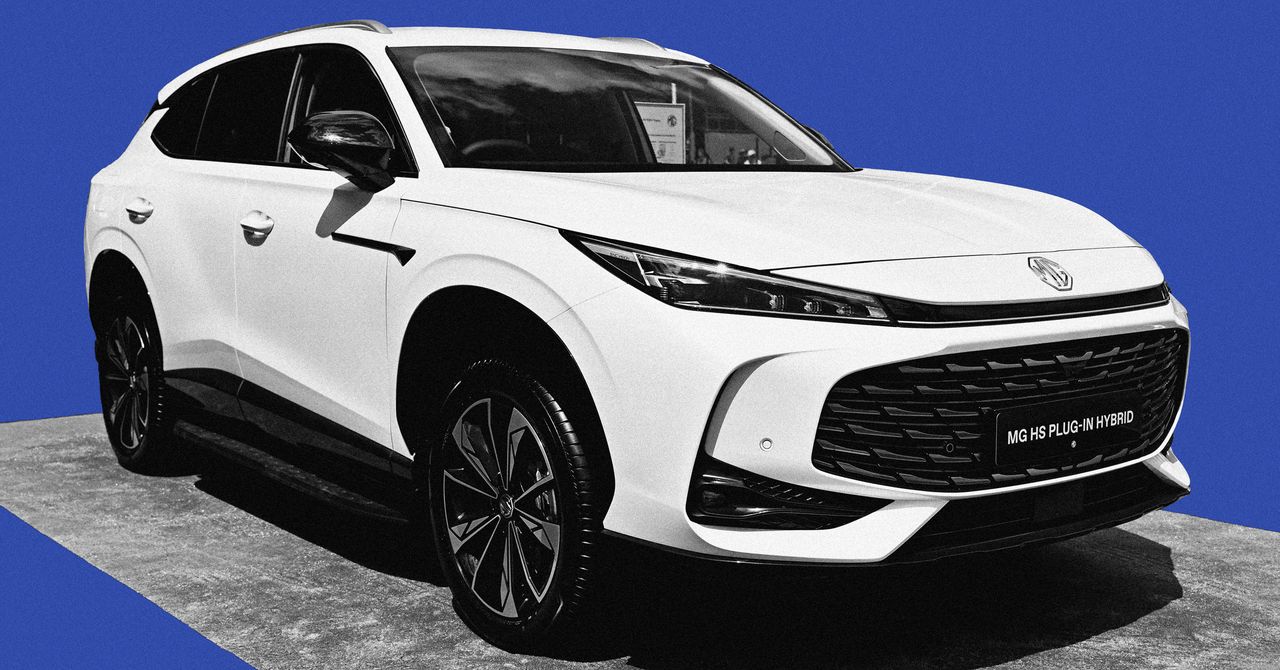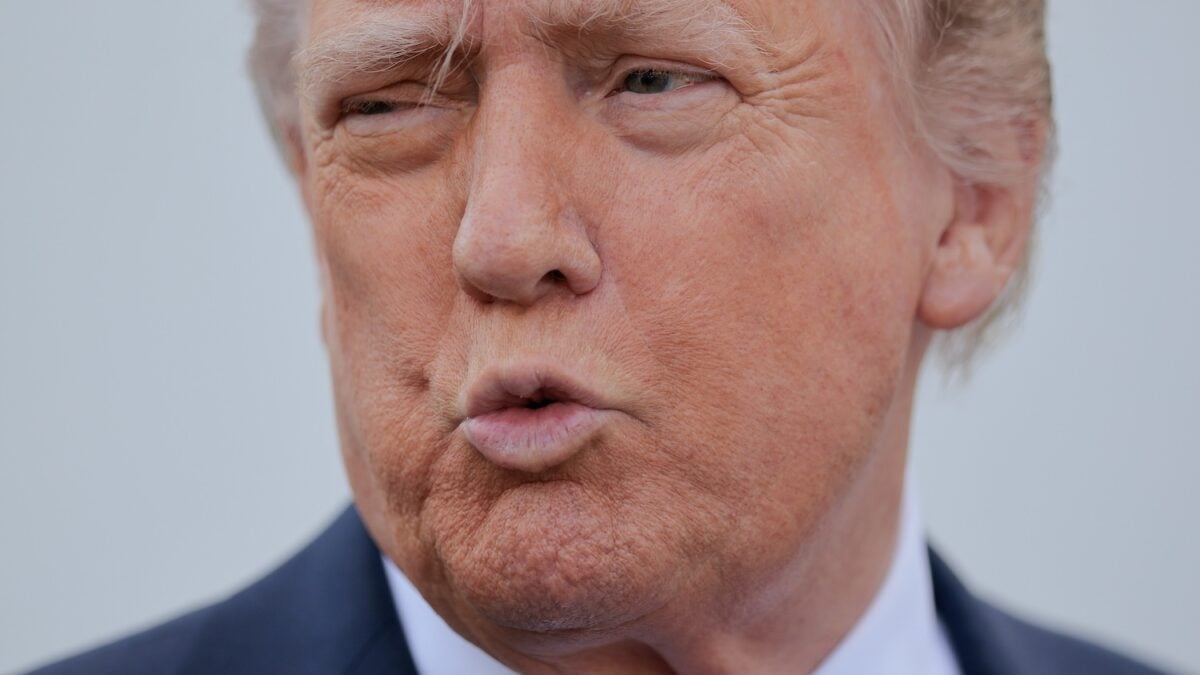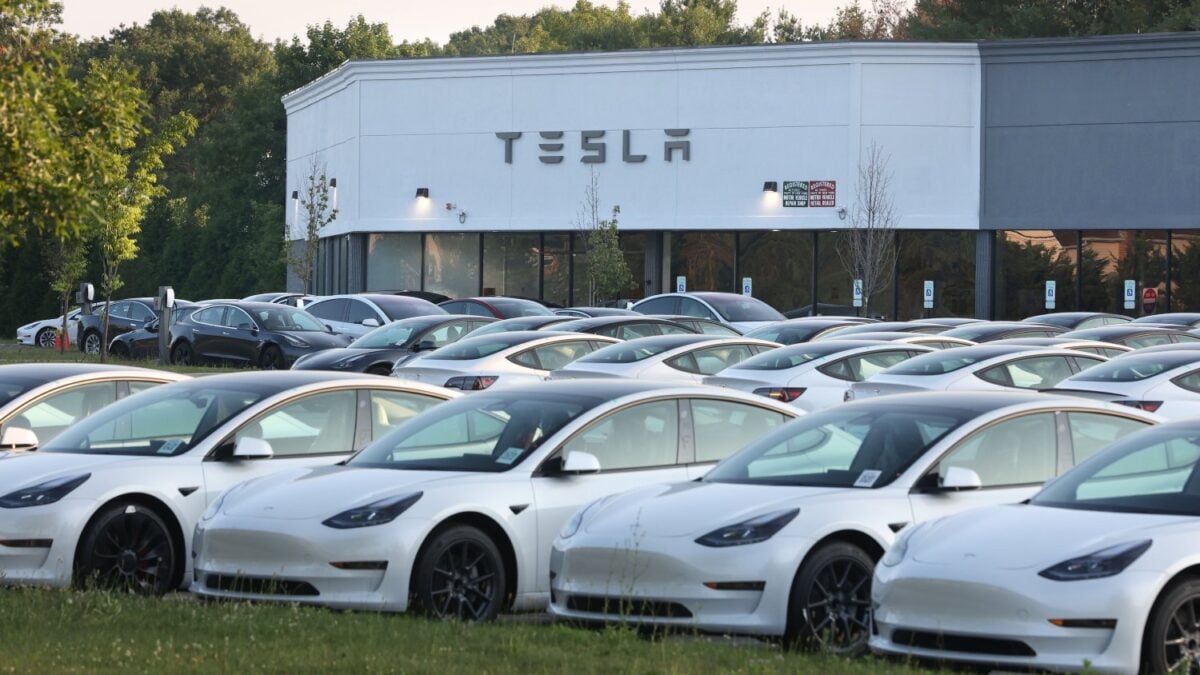Honda Abandons All-Electric Dream
In a surprising turn of events, Honda, the Japanese auto giant, has made a significant strategic shift in its electrification approach. The company no longer views battery-electric vehicles (BEVs) as the exclusive path to achieving a carbon-neutral future.
This announcement comes as a blow to the electric vehicle (EV) industry, already challenged by the September 30 expiration of federal tax credits that made electric cars more competitive with traditional gas-powered vehicles. Driven by Tesla's success, the auto industry was in a race to go all-electric, but Honda is now stepping back sharply.
"BEVs are not the goal, better electric vehicles are a pathway to achieving carbon neutral, not necessarily the only pathway," expressed Jay Joseph, President and CEO of Honda Australia. "While BEVs will continue to evolve and improve, our ultimate goal is carbon neutrality, not just battery electric vehicles." This statement, delivered at a recent press conference, underscores the company's shift away from an all-electric future.
A Nightmarish Reality
Honda's revised strategy is largely due to the financial struggles linked to its EV efforts. Honda's Managing Executive Officer, Eiji Fujimura, acknowledged that they are "not very optimistic" about the current EV market, citing impacts like the expiring tax credits from the Inflation Reduction Act and a general market cooldown. Toshihiro Mibe, Honda’s new CEO, said they are actively seeking to "meet consumer expectations" and expressed concerns over low demand.
The financial implications are stark. In its latest financial quarter, Honda incurred a massive one-time charge of 113.4 billion yen ($780 million) due to its losses in the EV sector. This includes losses on EVs sold in the United States and significant write-offs for EV models that are no longer part of Honda's future lineup. The company anticipates its full-year EV-related expenses to soar to 650 billion yen ($4.47 billion).
Currently, Honda offers two EV models in the U.S., the Prologue and the Acura ZDX. However, to promote sales, the company has had to provide substantial financial incentives, averaging over $12,000 per Prologue and an astounding $21,000 per ZDX, according to Motor Intelligence data cited by Automotive News. Despite these efforts, Honda's market share continues to dwindle.
The Pivot to Hybrids and Hydrogen
With the expiration of the federal $7,500 tax credit for new EVs, the high cost and lack of adequate charging infrastructure make it even harder to attract potential buyers.
Facing this reality, Honda is now redirecting its focus towards hybrid vehicles, veering towards a strategy once scorned by EV enthusiasts. Honda plans to leverage its hybrid technology to achieve its carbon neutrality ambitions, similar to Toyota’s methodical, hybrid-oriented path. According to GlobalData, Honda plans to offer nearly every popular American model as a hybrid between 2025 and 2035.
Furthermore, Honda is exploring the field of hydrogen-powered Fuel Cell Electric Vehicles (FCEVs), which create electricity within the vehicle by converting hydrogen. While FCEVs have their own infrastructure challenges, they generate only water vapor as emissions.
Our Take
Just a few years ago, BEVs were the uncontested symbol of the decarbonization movement. Now, Honda’s strategic re-evaluation signifies a more complex path to carbon neutrality, casting doubt on the exclusivity of a BEV-focused strategy.
Honda’s decision reverberates throughout the automotive industry, signaling potential reconsiderations among other major manufacturers. If such a significant player is wavering, others may similarly reassess their all-electric strategies, possibly slowing the transition from fossil fuels at a critical juncture for environmental objectives.



